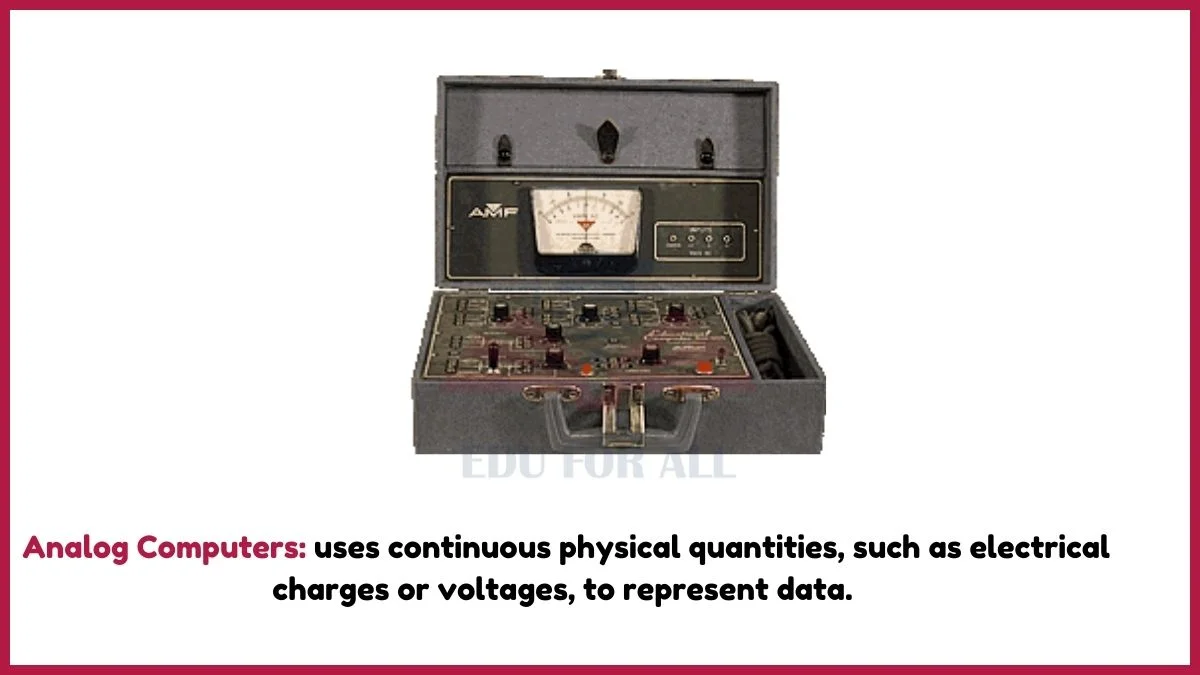Digital computers are electronic devices that process and store information in digital form. Examples of digital computers include Tablets, smartphones, game consoles, Mainframes, smartwatches, and more.
Examples of Digital Computers
Here are the best examples of digital computers:

1. Personal Computers
Personal computers are also known as PCs. These computers are designed for general use by a single person. PCs typically run an operating system like Windows, macOS, or Chrome OS. It allows users to perform common tasks like word processing, web browsing, gaming, and more. Desktop computers and laptops are the most common types of classic PCs.
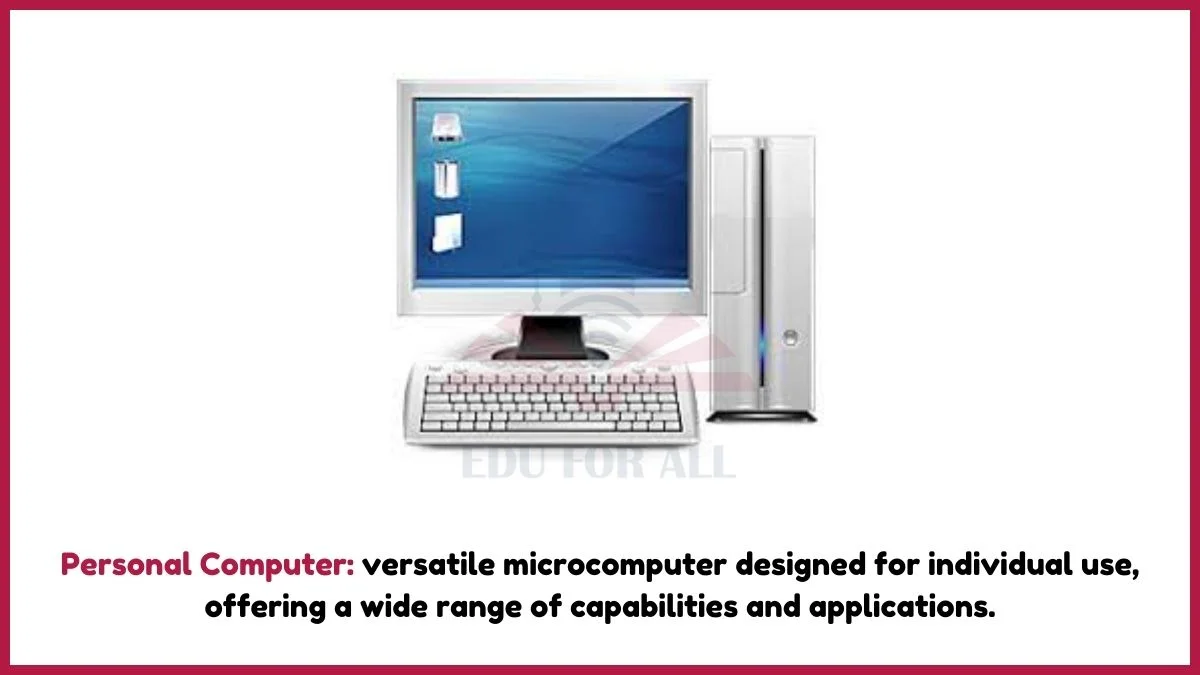
2. Tablets
Tablets are touchscreen personal computers that are more portable than laptops due to their thinner, lightweight designs. Most tablets run mobile operating systems like Apple’s iOS or Google’s Android.
Tablets are ideal for web browsing, watching videos, social networking, light productivity tasks, and apps. The Apple iPad and Amazon Fire tablets are popular examples.
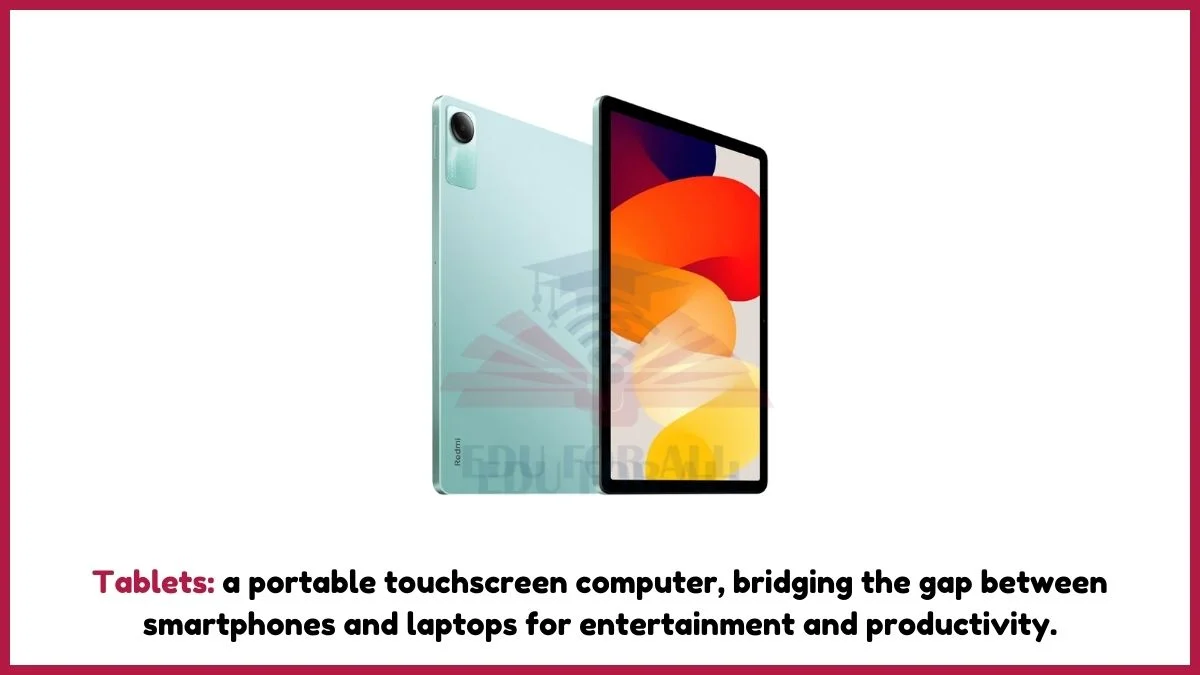
3. Smartphones
Smartphones pack the power of computers into pocket-sized devices. Modern smartphones run complex operating systems like Apple’s iOS or Google’s Android that allow users to make calls, send text messages, use apps, access the internet, and complete many tasks on the go. Some popular smartphones include the Apple iPhone, Samsung Galaxy, and Google Pixel.
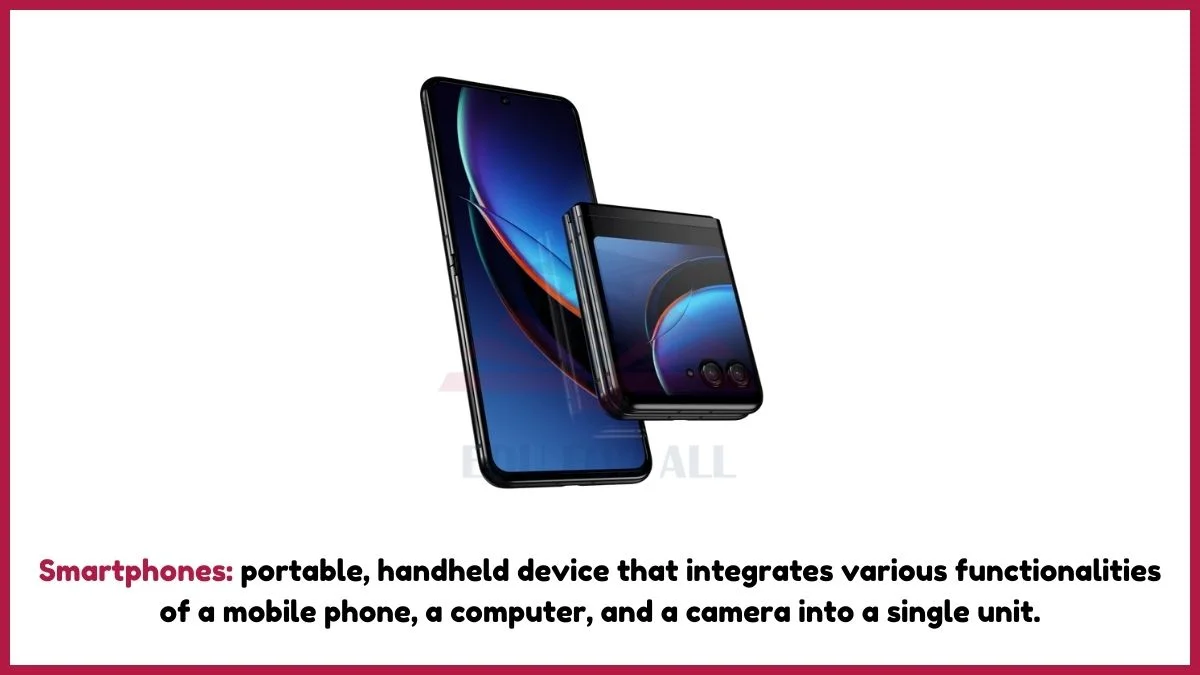
4. Game Consoles
Video game consoles like the PlayStation, Xbox, and Nintendo Switch are specialized computer systems designed specifically for gaming. Game consoles feature graphics processing units tailored for rendering complex game visuals and allow users to play immersive game titles with dedicated handheld controllers.

5. Supercomputers
Supercomputers are the most powerful computer systems in operation today. Supercomputers contain thousands of processors working in parallel to solve complex scientific and industrial problems involving massive calculations and data processing requirements well beyond typical computers.
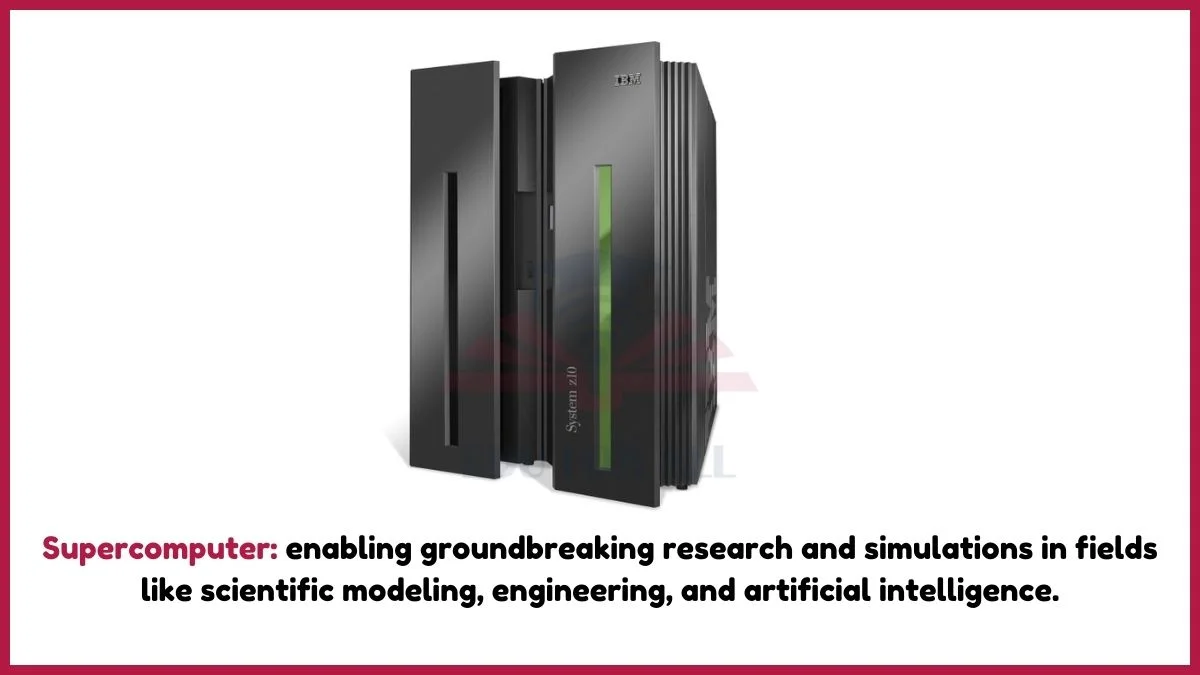
6. Servers
Servers are powerful computers built to “serve” data to other computers over a network. Servers store webpages, “stream” video and music, host multiplayer game worlds and process emails.
Popular server operating systems include Windows Server and Linux distros like Red Hat Enterprise Linux (RHEL) and Ubuntu Server.
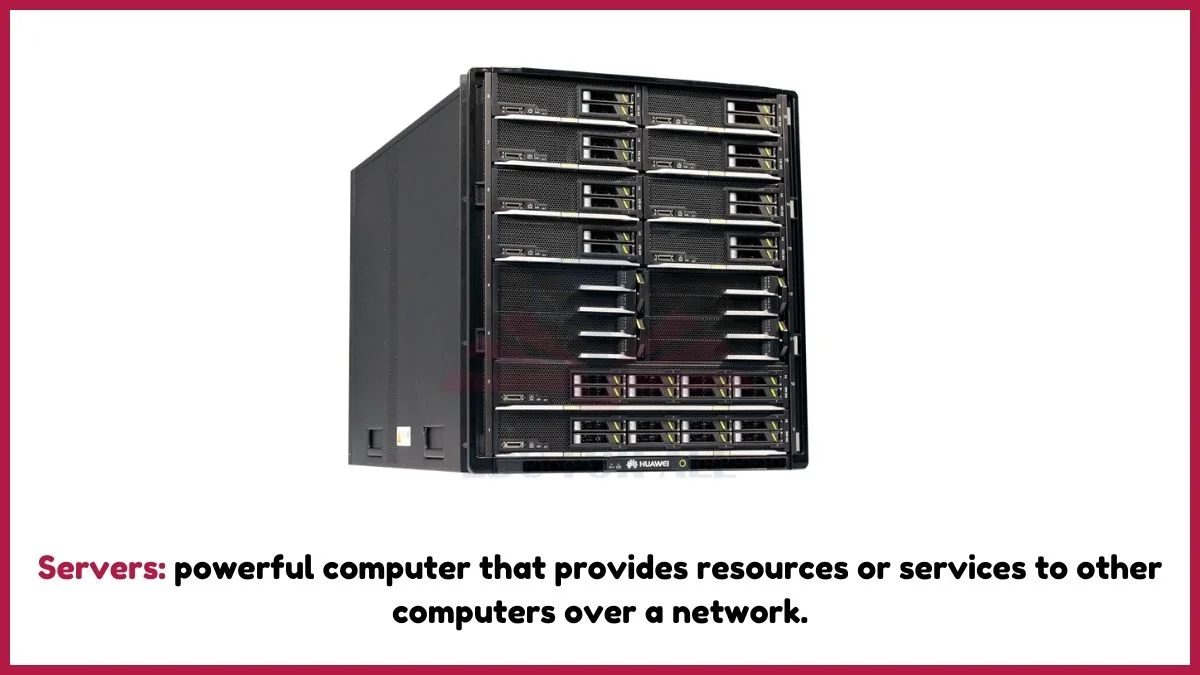
7. Mainframes
Mainframes are ultra-high-performance computer systems primarily used by large organizations for critical applications involving massive amounts of data transactions. Mainframes can process many transactions simultaneously and are known for their security and reliability.
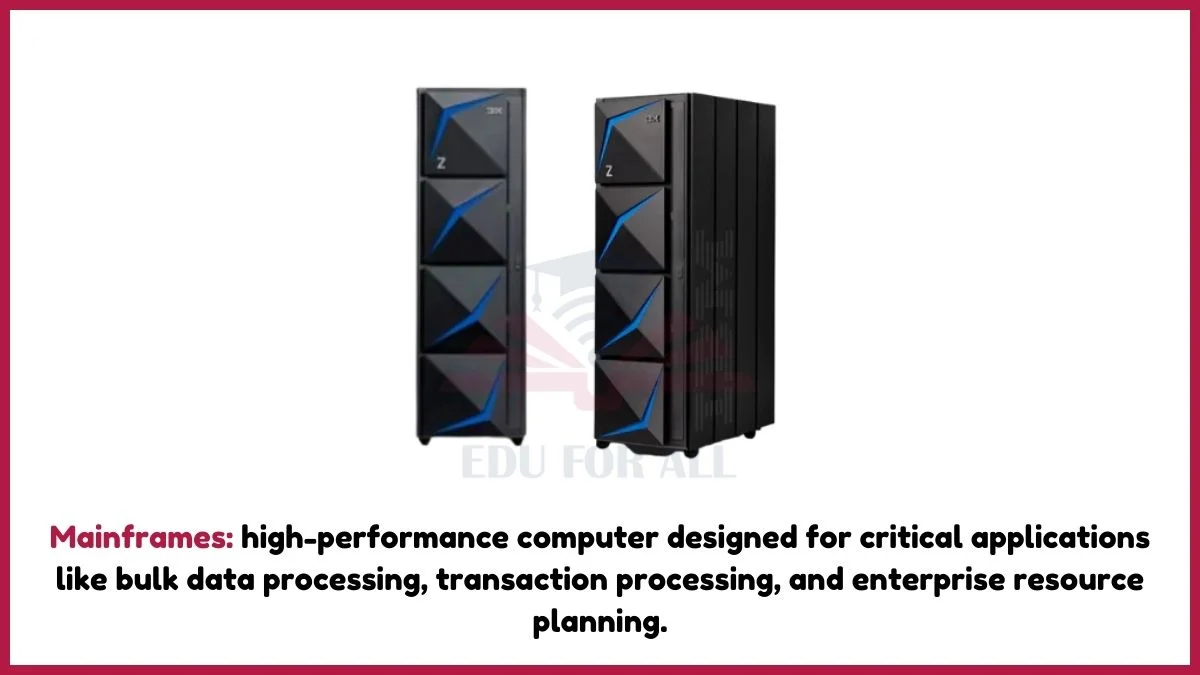
8. Embedded Systems
Embedded systems are self-contained devices with a dedicated computer embedded inside to control a single application or task. Embedded systems power devices like microwave ovens, vehicles, aircraft, and industrial machinery. They have limited hardware resources and run minimal firmware programs.
9. Quantum Computers
Quantum computers take advantage of strange quantum physics effects like “entanglement” and “superposition.” These effects allow quantum computers to store data and perform operations in ways that normal “classical” computers cannot.
Today’s quantum computers are still extremely basic but they offer immense potential.

10. Analog Computers
Analog computers are an old-fashioned type of computer that uses continuous electrical signals instead of the “digital” 1s and 0s used in regular computers. Today’s normal digital computers work by counting using binary code. Analog computers are different. They work by measuring continuous voltages.
